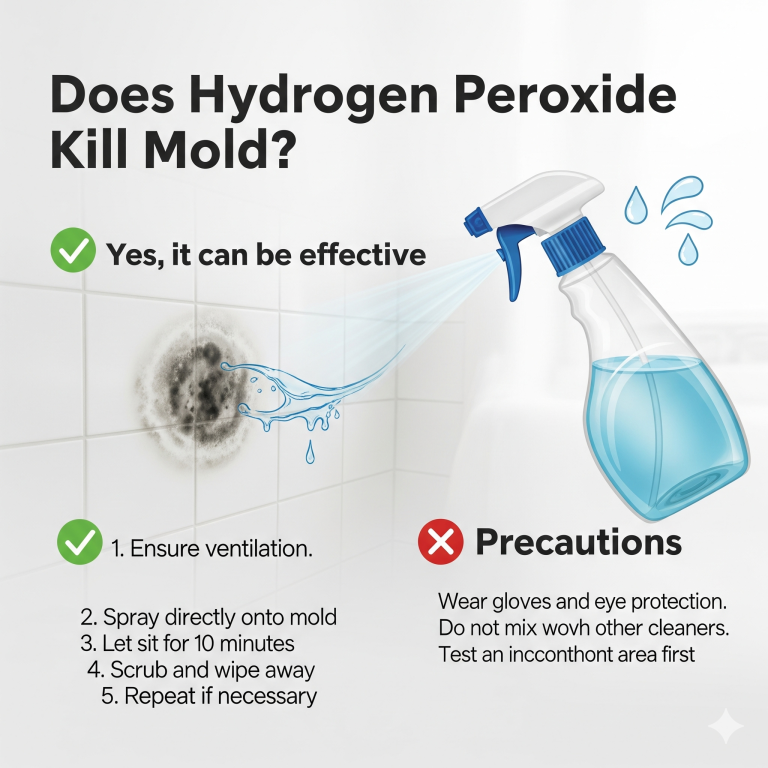
liability insurance
Table of Contents
Liability Insurance: A Comprehensive Overview:
Liability insurance is a type of coverage that protects individuals or businesses from the financial burdens associated with lawsuits or legal claims. Whether the claims are due to injuries, accidents, or property damage, this insurance offers crucial protection. This type of insurance is commonly held by businesses and professionals, though individuals may also carry it as part of their personal insurance policies. Let’s explore the key aspects of this insurance, how it works, and why it is so essential.
What is Liability Insurance?
Term Life Insurance, This insurance is designed to cover the policyholder when they are held legally responsible for harm caused to another party. It does not cover intentional damage but rather protects against negligence or accidents that result in injury, property damage, or other legal claims.
For example, if a customer slips and falls at a store, this insurance would cover the legal expenses and any settlements or judgments, up to the policy limit. Similarly, if a business causes accidental damage to someone’s property while delivering goods or providing services, liability insurance can help pay for the damages.
Types of Liability Insurance:
There are different sorts of this insurance, each personalized to certain dangers. The most common ones include:
General Liability Insurance
Protects companies from lawsuits alleging personal injury (such as slander or defamation), property damage, and bodily injury.
Professional Insurance
Also known as errors and omissions (E&O) insurance, this policy is especially relevant for professionals such as doctors, lawyers, and consultants. It shelters claims linked with expert neglect or errors.
Product Insurance
This protects businesses that manufacture or sell products in case their product causes harm or injury to consumers.
Employer’s Insurance
This covers employers against claims from employees who suffer job-related injuries or illnesses not covered by workers’ compensation.
How Does this Insurance Work?
When a claim is made against the policyholder, the insurance company steps in to defend the case. The insurer will cover legal fees, court costs, and any settlement or damages awarded, as long as the claim falls within the policy’s terms and limits. It’s important to note that this insurance policies have limits, meaning they only cover up to a certain amount. If the claim exceeds that amount, the policyholder will be responsible for the remaining costs.
For example, if a business has a liability policy with a $1 million limit and faces a lawsuit for $1.5 million, the insurance will cover the first $1 million, while the business must pay the remaining $500,000.
Why this Insurance Is Essential?
In today’s world, the risk of being sued is higher than ever. From accidents on business premises to professional mistakes, liability issues can arise unexpectedly, leading to substantial financial losses. Without liability insurance, individuals and businesses can face significant out-of-pocket expenses for legal defense and damages, potentially resulting in financial ruin.
For businesses, liability insurance is often a requirement, especially when entering contracts with clients or landlords. Even for individuals, personal liability insurance, such as umbrella policies, can offer additional protection beyond what is provided by standard home or auto insurance policies.
Conclusion:
In today’s litigious society, having this insurance is not just an option—it’s a necessity. Whether you’re a business owner, professional, or individual, liability insurance provides the safety net you need to avoid crippling financial losses. Understanding the various types of liability insurance and how they work can help ensure you have the right coverage to protect yourself or your business from potential legal risks.






